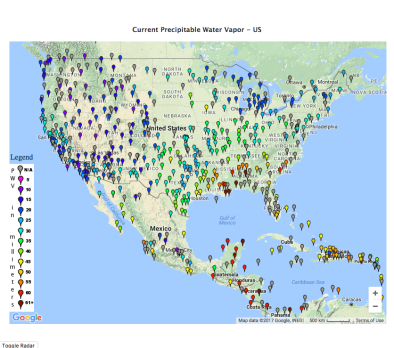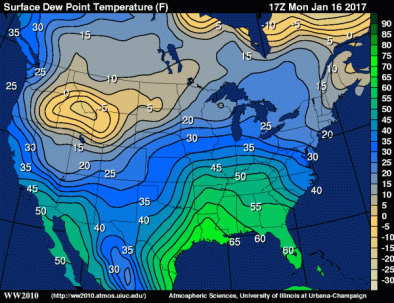Global Temperatures Over Last 24,000 Years Show Today's Warming 'Unprecedented'
Study key findings & significance
- It verifies that the main drivers of climate change since the last ice age are rising greenhouse gas concentrations and the retreat of the ice sheets.
- It suggests a general warming trend over the last 10,000 years, settling a decade-long debate the paleoclimatology community about whether this period trended warmer or cooler.
- The magnitude and rate warming over the last 150 years far surpasses the magnitude and rate of changes over the last 24,000 years.
Author quotes
"This reconstruction suggests that current temperatures are unprecedented in 24,000 years, and also suggests that the speed of human-caused global warming is faster than anything we've seen in that same time," said Jessica Tierney, a University of Arizona geosciences associate professor and co-author of the study.
"The fact that we're today so far out of bounds of what we might consider normal is cause for alarm and should be surprising to everybody," said lead study author Matthew Osman, a geosciences postdoctoral researcher at the University of Arizona.
Abstract
Climate changes across the past 24,000 years provide key insights into Earth system responses to external forcing. Climate model simulations1,2 and proxy data3,4,5,6,7,8 have independently allowed for study of this crucial interval; however, they have at times yielded disparate conclusions. Here, we leverage both types of information using paleoclimate data assimilation9,10 to produce the first proxy-constrained, full-field reanalysis of surface temperature change spanning the Last Glacial Maximum to present at 200-year resolution. We demonstrate that temperature variability across the past 24 thousand years was linked to two primary climatic mechanisms: radiative forcing from ice sheets and greenhouse gases; and a superposition of changes in the ocean overturning circulation and seasonal insolation. In contrast with previous proxy-based reconstructions6,7 our results show that global mean temperature has slightly but steadily warmed, by ~0.5 °C, since the early Holocene (around 9 thousand years ago). When compared with recent temperature changes11, our reanalysis indicates that both the rate and magnitude of modern warming are unusual relative to the changes of the past 24 thousand years.
Related Content





